
Here’s what to know if you want to run for a government position
Richard Payerchin is senior editor of Medical Economics.

Here’s what to know if you want to run for a government position
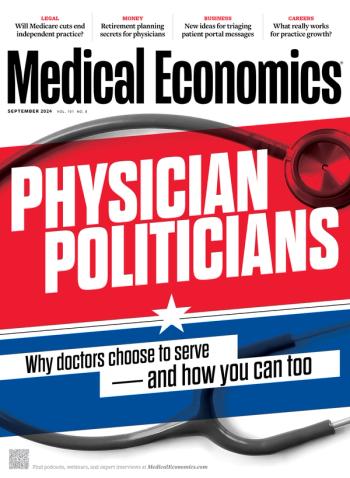
Understanding the process of campaigning and why more doctors need to get involved in politics.

The top news stories in medicine today.

The top news stories in medicine today.

The top news stories in medicine today.

The top news stories in medicine today.

The top news stories in medicine today.

The top news stories in medicine today.

The top news stories in medicine today.

FTC ban was set to take effect Sept. 4, but judge says it ‘shall not be enforced or otherwise take effect.’

Study finds negative views develop among doctors when patients share views they disagree with.

The top news stories in medicine today.
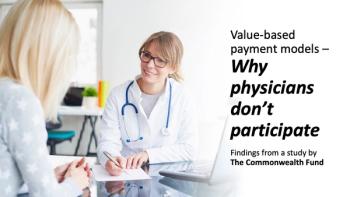
A slideshow with key findings from a study by The Commonwealth Fund.

The top news stories in medicine today.
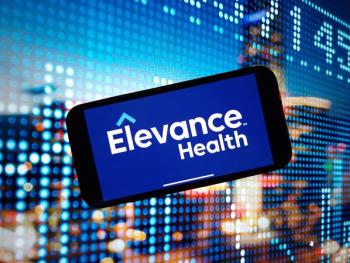
‘National care delivery platform’ was first announced in April.

The top news stories in medicine today.

The top news stories in medicine today.
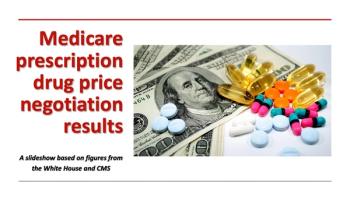
Savings in the future on 10 prescription drugs for taxpayers and Medicare patients.
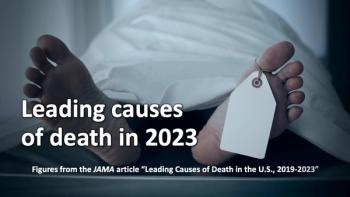
How did COVID-19 affect the rankings?

The top news stories in medicine today.

Will the Fed cut interest rates? Predictions abound as president takes aim at Big Pharma.

The top news stories in medicine today.

Announcement comes as bankruptcy court case continues; lawmakers demand answers.

The top news stories in medicine today.

The top news stories in medicine today.

The top news stories in medicine today.

Study examines costs that build up when health care workers go to school or get sick.

The top news stories in medicine today.
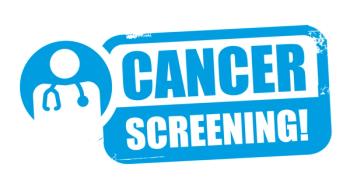
Figure based on 2021 data may be an underestimate, physician says.

'Striking' lack of diversity when researchers use artificial intelligence to generate images of doctors.